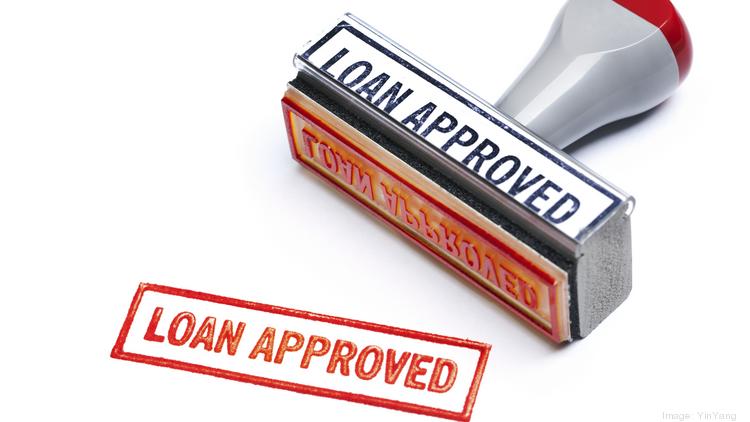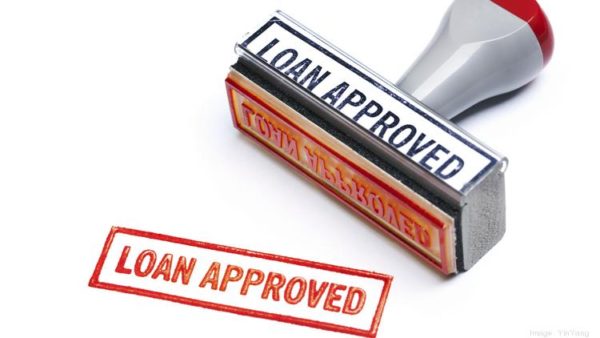
10 things to ask before… Selecting a commercial lender
1. How well do you know my market?
Visit several lenders to make sure they are experienced and knowledgeable about your market. That will help you find loan officers who will be able to relate to you and can understand the needs and potential of your business. The Federal Deposit Insurance Corp. website is a good source for information on a lender’s location, size and history.
2. Who makes the final decision to approve a loan?
There is no reason to be looped around when applying for the loan. A good lender will give you valuable feedback on the spot and handle your paperwork, rather than passing you on to a slew of other staffers. You need a direct line of contact. The further away from the decision-maker, the more hectic the process could become.
3. Where is your nearest location?
The lender should be accessible. Some banks may be headquartered in another state, but have representatives in your area who know your market well. Remember, commercial lenders are like business partners, and a long-distance relationship can be toxic to your business.
4. Are you invested in my idea or business?
Is there common ground? The lender should sit down with you and go over your plan. Look for someone who is showing a significant interest in you and is willing to invest in your idea and business for the long haul.
5. What kind of relationship do you have with other clients?
Ask for references, particularly the names of people who own similar businesses, to get a feel for the loan officer and bank. References can tell you how the lender might deal with you or any situations that arise. If your company expands or stops growing, you need to know the bank is flexible.
6. How much capital do you have?
If a bank is too large, you may become a number. Too small, and you may outgrow it. How long has it been doing commercial loans? And how well have those loans performed in terms of returns?
7. What types of services do you offer?
Look for lenders that have multiple locations in your area and are FDIC-insured. See if they have experts who can serve on your board of directors. After hearing about all the services a lender offers, ask yourself if they fit your needs.
8. What do you look for in a borrower?
This will help you determine if the bank fits your personality. One missed loan payment could trigger serious consequences or be no big deal.
9. Do you offer revolving credit lines?
A revolving credit line allows you to borrow up to a certain approved amount, but it can be risky because most small businesses find that type of loan difficult to repay. However, a credit line allows you to re-borrow money you paid back. It is normally used to bridge short-term cash flow challenges. Term loans are disbursed in amounts. They are paid back much like a car loan and can provide extra money for, say, purchasing machinery or equipment.
10. How much collateral do you need?
For real estate loans, businesses can only borrow up to 75 to 80 percent of what the collateral — the real estate itself— is worth. For working capital loans, which aren’t for real estate, borrowers may need to pledge collateral that is equal to the value of the amount they’re borrowing. In many cases, this will be the borrower’s home. Some people with established credit or enough money can get a loan without collateral. A good lender should be able to adjust the collateral to your earnings and business.

